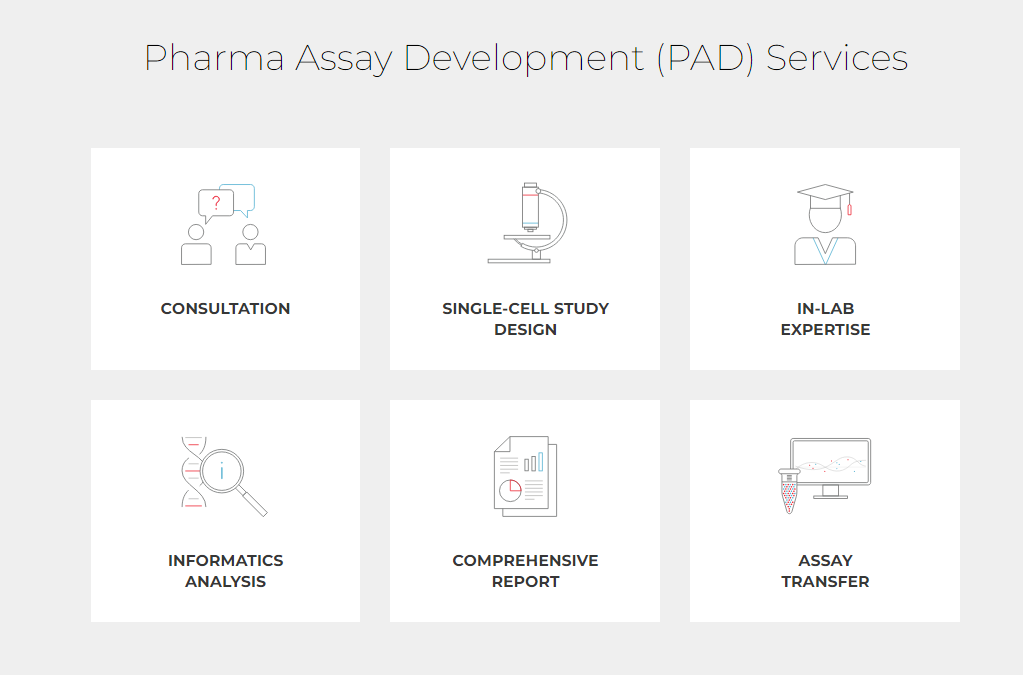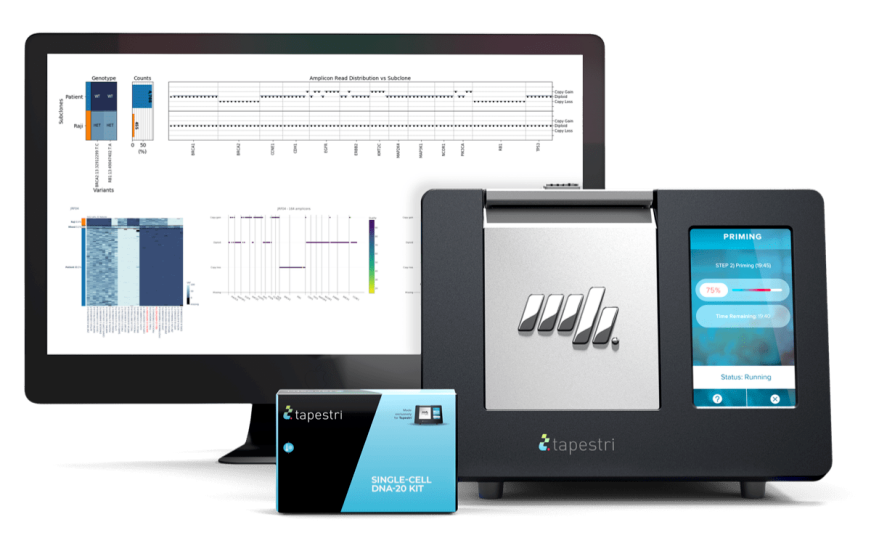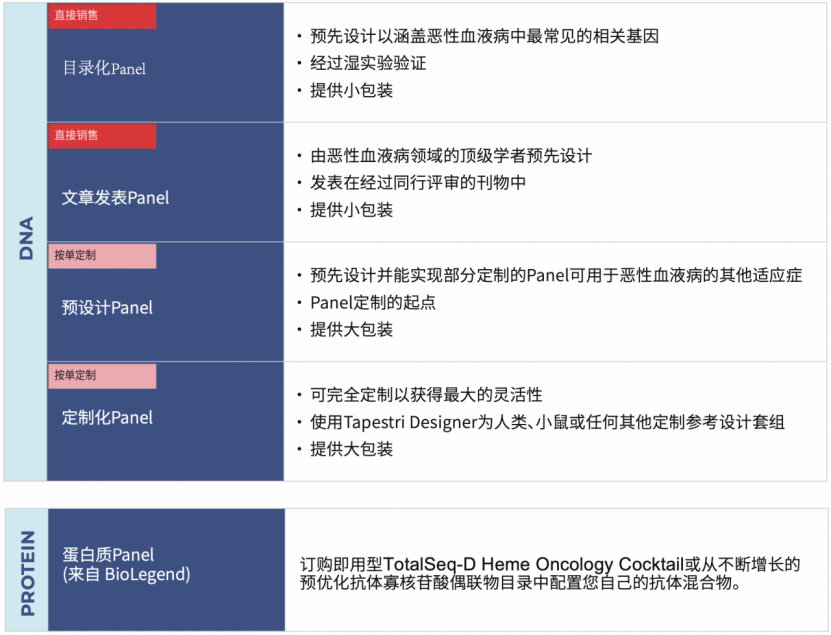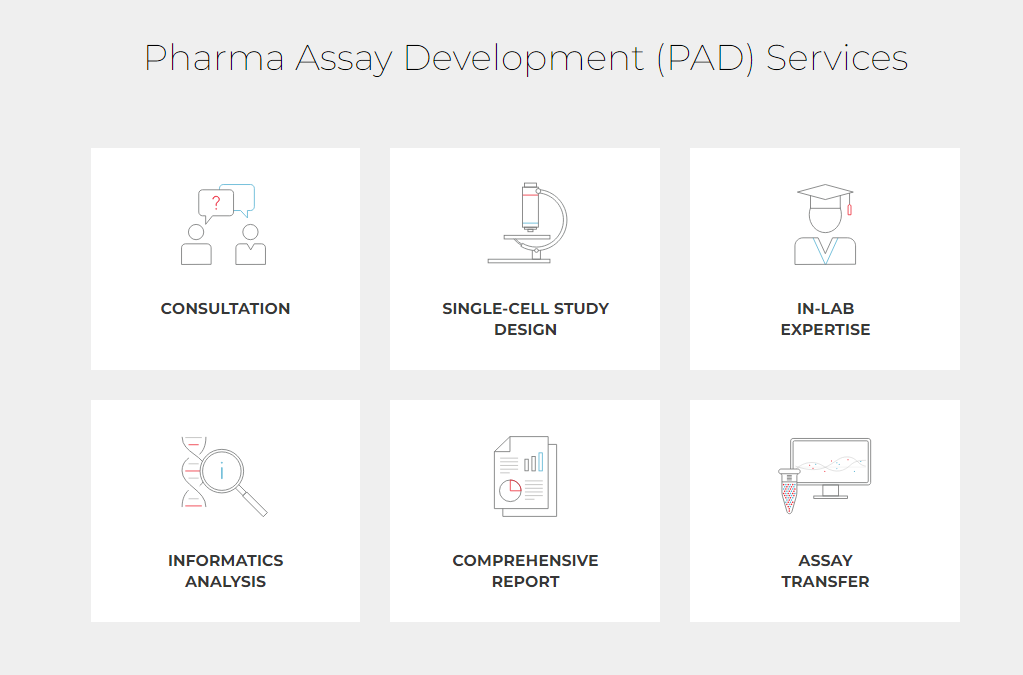As a pioneer in high-throughput single-cell DNA and multi omics analysis, Mission Bio recently announced that it will provide solid tumor analysis services through Pharma Assay Development Service (PAD service). This new service can characterize solid tumor cells, reduce the time and cost required for analyzing solid tumor cells, and accelerate the development of cancer therapies.
Due to the immature technology for in-depth analysis of the evolution process of multiple single-cell tumors and tumor heterogeneity, the precise treatment of solid tumors is still in a bottleneck period of development. Bulk NGS technology is no longer sufficient for the analysis of solid tumors, and we need higher resolution levels to detect signs of cancer at earlier stages before disease progression.
Based on Tapestri ™ Through the platform and PAD services, Mission Bio can provide high-resolution data to more researchers to reveal the genetic diversity of cell populations. By detecting clones and co mutations, researchers can effectively stratify patients in clinical trials and determine precise therapeutic targets for drugs. In addition, researchers can monitor treatment resistance by analyzing rare clones that drive tumor progression during the treatment process.
Three months ago, Mission Bio launched a Tapestri based product ™ Platform's solid tumor solution (click to view details); Now, Mission Bio has extended its PAD services to solid tumor research. It can be seen that Mission Bio has been committed to developing innovative single-cell technology solutions for customers.
Tapestri platform
Dr. Todd said:
At present, many top pharmaceutical companies have great interest in our blood malignant tumor PAD services, and we believe that solid tumor PAD services also have the same potential. Through our solid tumor analysis service, Mission Bio's customers can analyze mutations to understand drug resistance mechanisms, determine how cells evolve from benign to malignant states, and reveal genomic changes during cancer cell metastasis without investing significant resources in single-cell detection method development. For our clients, this process is as simple as shipping samples to obtain a comprehensive analysis report.
”
Mission Bio's PAD service will provide comprehensive support throughout the entire process of developing new therapies. The company has a professional team that can collaborate with researchers to develop new analytical methods, identify important samples, and conduct data analysis. As part of the PAD service, Mission Bio's pharmaceutical partners can receive support from Mission Bio's innovative technology, R&D team, bioinformatics, and professional development team.
Tapestri is the only commercial device capable of utilizing a unique two-step microfluidic technology to simultaneously analyze DNA and other analytes (such as cell surface proteins) at the single-cell level.
Recent research shows that the use of high-resolution equipment is crucial to uncover the profound meaning of complex diseases such as breast cancer, non-small cell lung cancer, colorectal cancer and melanoma.
Tapestri enables researchers to simultaneously detect SNV and CNV at the single-cell level through scalable methods, providing insights into clone chimerism, tumor transformation, clone evolution, and metastatic transmission.
Tapestri, as an important tool for understanding treatment resistance, allows researchers to detect rare emerging clones in the early stages through reliable and highly sensitive heterozygous loss detection, understand how driver mutations increase over time, and observe the process of tumor escape and metastasis. The significance of single-cell multi omics analysis in precision cancer medicine is becoming increasingly important, as it can clearly display the clonal structure of tumors, promoting the development of combination therapy and personalized treatment.






